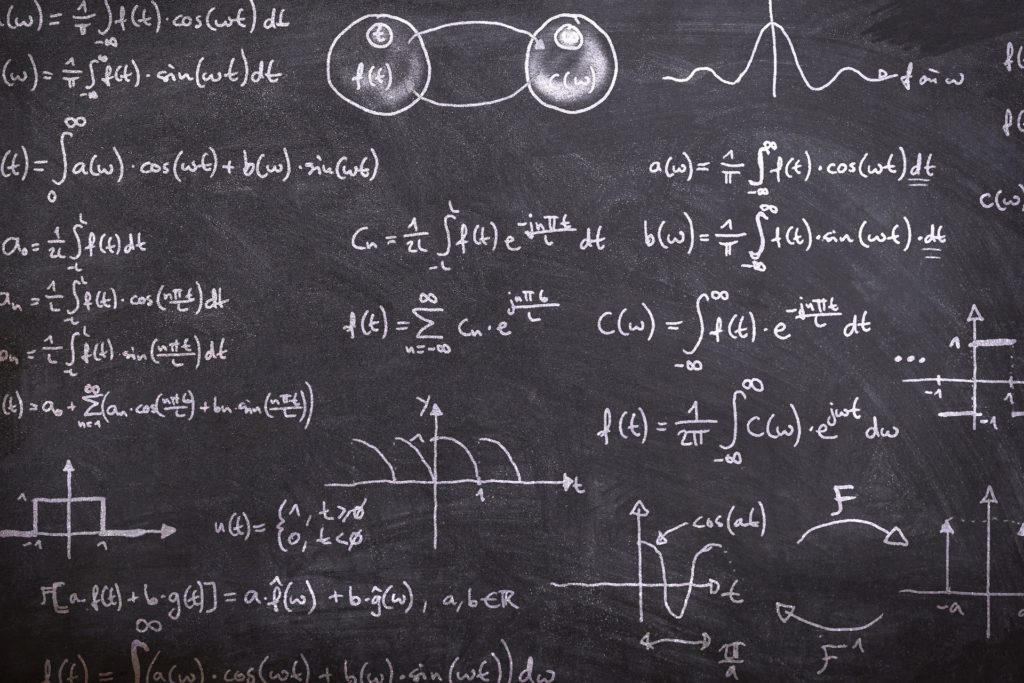
We hear this question from young people who struggle with the abstract challenges of mathematics and see no immediate payoff from the study of algebra. Indeed, mathematics has been described as the subject of infinitely deferred gratification, because its rewards don’t appear before a certain level of facility is achieved. A similar complaint is registered by young people learning to play the piano who eventually quit before acquiring enough skill to play the really exciting music.
A colleague of mine whom I’ll call “Alpha” once stated, “I am mathematically illiterate, and proud of it.” He seemed to believe that his mathematical illiteracy was an indication of a free, creative intellect, unencumbered by rigid protocols. Challenging my immersion in mathematics and science, he said, “I’ve been able to avoid mathematics all my life, while you’ve dedicated thousands of hours to mathematics. What can you do that I can’t?”
It was a question that I had never been asked, and it took a moment to respond. “Well, Alpha, I can read and understand all the books in your library, but you can only read a fraction of the books in mine.” What I was attempting to express is the fact that not only the natural sciences, but now the social sciences such as economics and psychology are requiring a knowledge of mathematics to be understood. It is becoming increasingly difficult to find a form of employment or a profession in which mathematics is not a requisite skill.
Statistics and the mathematics of finance are becoming indispensable tools for navigating through life in this Information Age. Whether you’re watching the news, displaying graphs and reports on the Covid pandemic or the trends in the financial markets, your understanding of what is happening or what may be about to happen will be dependent on your ability to interpret graphs and process data.
However, comments such as these often fall on the deaf ears of those who struggle with mathematics, because they feel incapable of learning this challenging discipline. What they fail to realize is that we all struggle with mathematics. It may be the most cognitively difficult task for the human brain, because our early evolution as a species did not prepare us for what Daniel Kahneman calls “System 2 thinking.” (See: Thinking, Fast and Slow). Even Einstein, von Neumann and other great mathematicians and scientists confessed to their struggle to acquire mathematical competence at various levels. (see; https://www.intelligence-and-iq.com/mathematics-is-difficult-is-it-worth-the-effort/). Building mathematical competence, like building physical fitness, is demanding, and requires substantial persistence, but the results are worth the effort.

Mathematics is for private schools. State school teachers don’t know how to teach maths properly. Just part of the great divide.